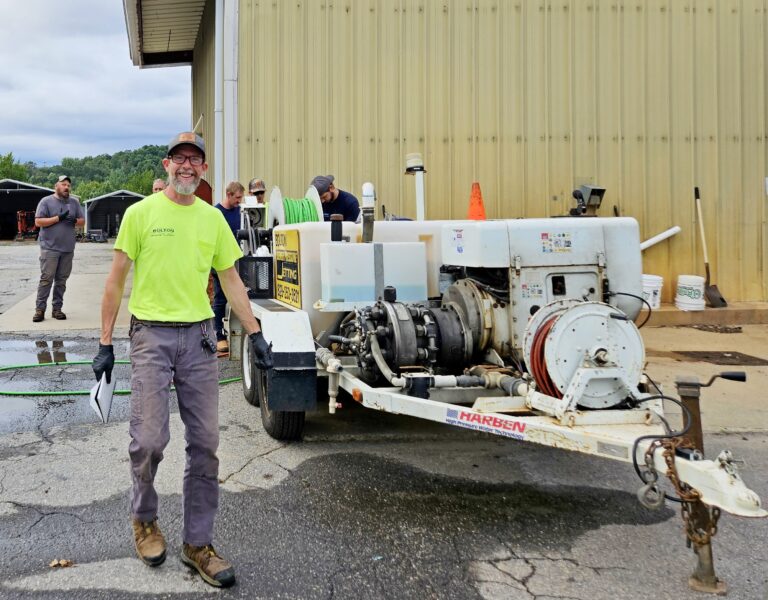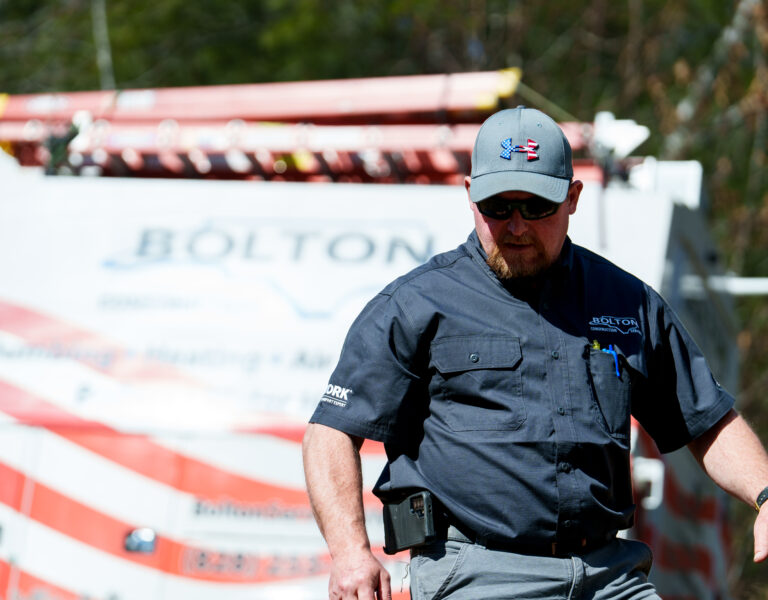Are you prepared?
This question strikes fear into the hearts of almost every adult. In fact, FEMA estimates that 60% of Americans do not know what to do in an emergency situation.
One important aspect of emergency preparedness is what you will do when the power is out. Power is one thing we don’t realize how much we rely on until it’s gone.
Lights, refrigerators, and medical equipment all require some sort of power source to keep them going. This is where a generator comes in. House generators can keep your home comfortable during a power outage.
Wondering how long whole house generators can run during an emergency? That depends on a few factors, which we’ve explained in this guide.
Fuel Source
The idea of a generator is that it can run indefinitely as long as it is being fueled. The two preferred sources of fuel are natural gas and propane. Some generators also use diesel or gasoline.
Natural gas and propane are the fuels of choice because they do not become stale over time and they burn very cleanly. This eliminates the problems associated with gasoline carburetors.
If your generator is connected to a natural gas line, then you basically have an unlimited supply of fuel from the utility company as long as the natural gas is available.
Propane is generally stored in large tanks somewhere on your property. Tanks can be anywhere from 250 to 1000 gallons.
How much propane you use depends on demand. But typically it’s around 1 and 1/2 gallons per hour or about 36 gallons of propane a day.
Maintenance
Maintaining your house generator will increase the lifetime of the machine. Some basic maintenance you need to do include changing the oil, oil filter, battery, and air filter.
Oil is the lifeblood of a generator. It acts as both a lubricant and a coolant for the engine.
It is suggested to change the oil every 50 hours of use. That’s a little over two days. Make sure you have oil on hand if you happen to have an extended power outage.
Typically generators either run at 3600 RPM or 1800 RPM. If your generator runs at 3600 RPM it can get overheated quickly. Some users may turn it off periodically to let the engine cool off.
Generators that run at 1800 RPM are ideal for longer outages. They don’t overheat as easily, but they are also more expensive to buy.
Eventually, you may need to replace your generator. If you do, make sure you call a qualified company.
Why House Generators Are Crucial
House generators will make a big difference in your comfort level during a power outage. They can be hooked up to automatically switch on when the power goes off. You will hardly miss a beat.
Bolton Construction & Service of WNC, Inc. have dealt with our share of power outages. We know what it takes to keep your family safe and functioning during storms and blackouts.
Take the next step in being prepared by contacting us. We are your generator experts and we are here to help.












